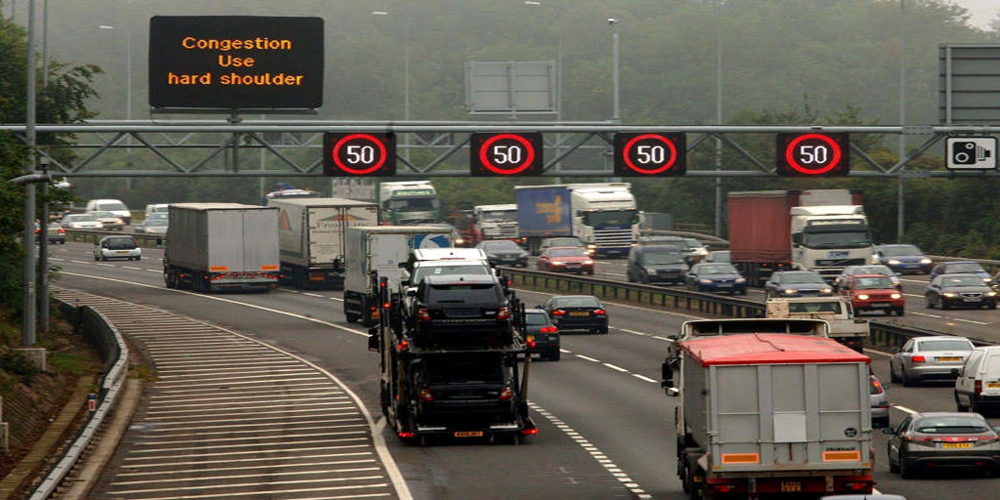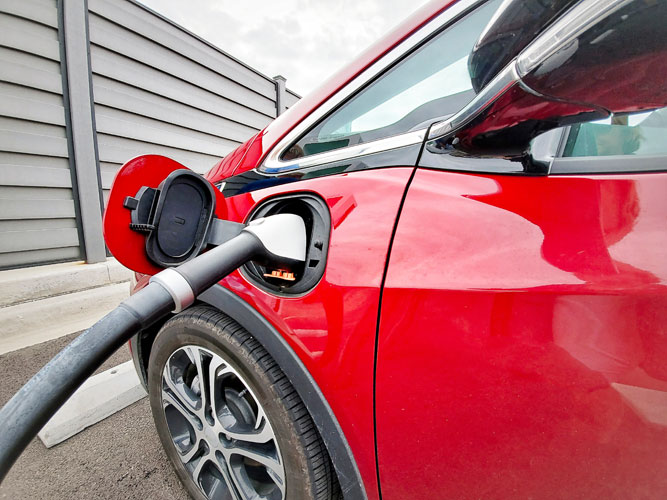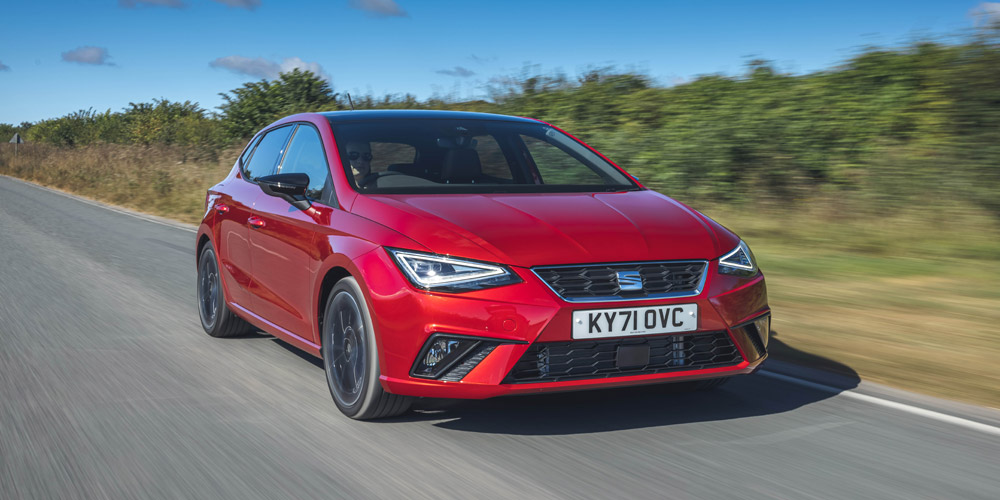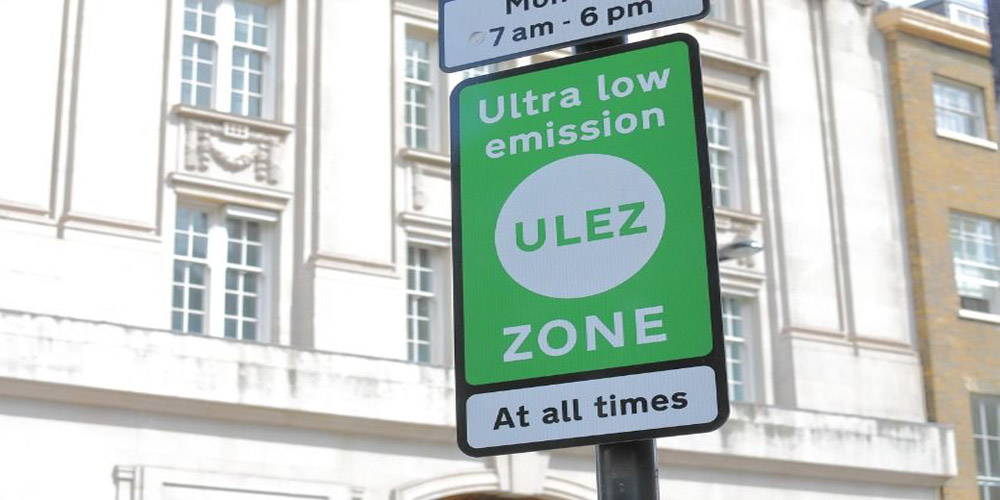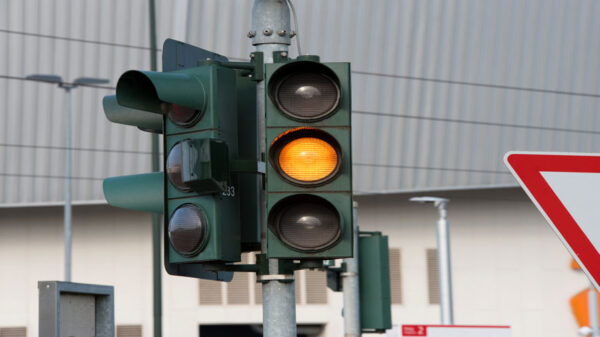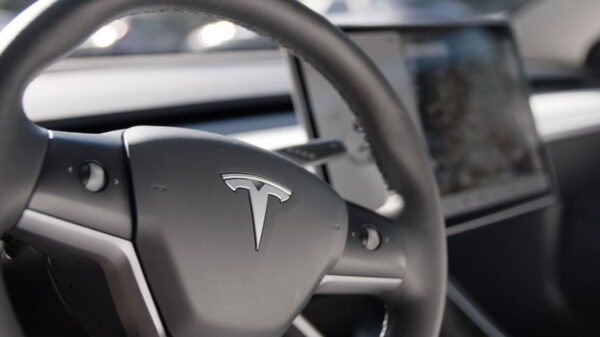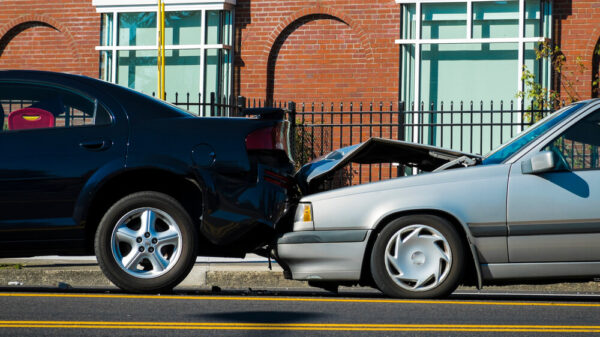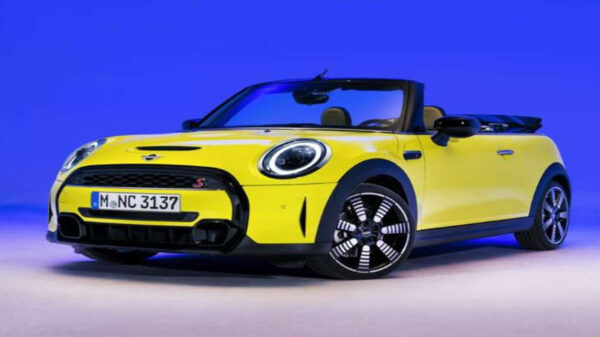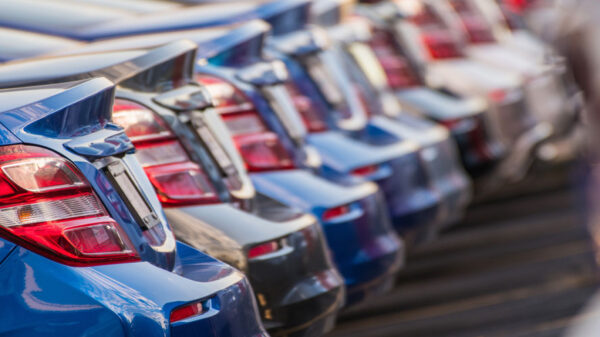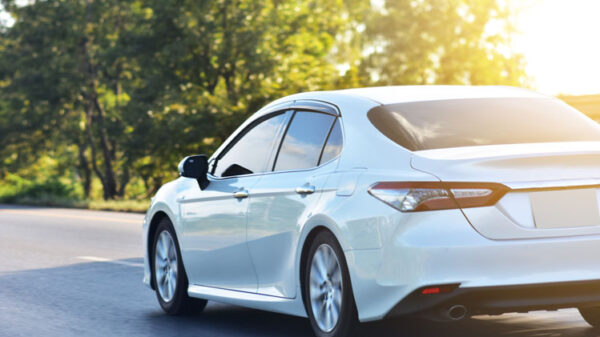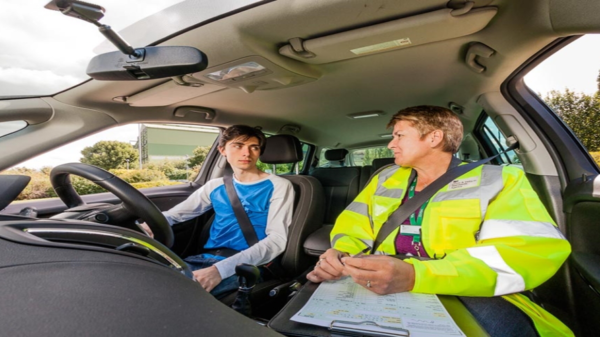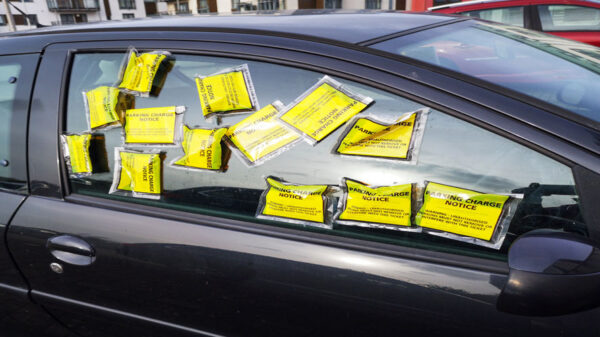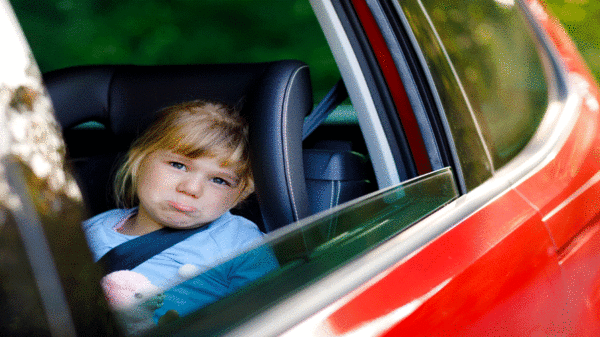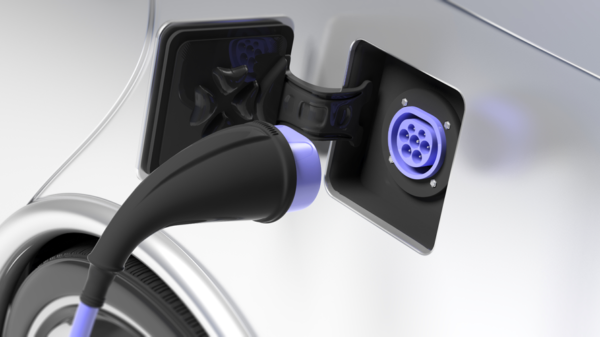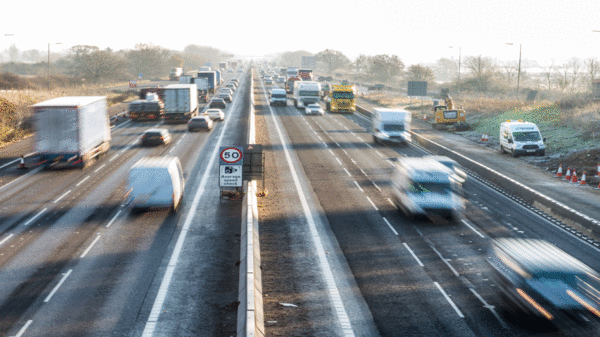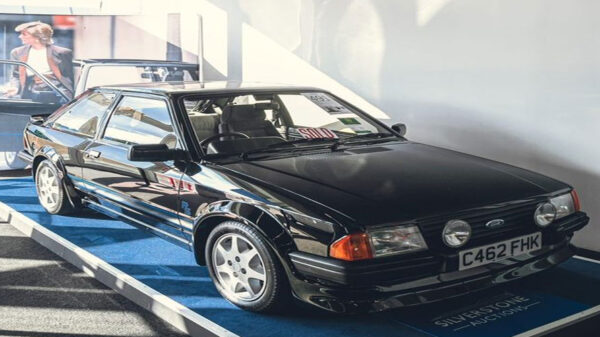UK Car Sales Slide 9% in September
Sales of new cars in the UK fell for the sixth month in a row during September, with demand for diesel cars plunging more than a fifth. New car registrations last month numbered 426,170, the Society of Motor Manufacturers and Traders (SMMT) said.
The figure was down 9.3% from September last year, while diesel sales – which have been hit by worries over air quality – fell by 21.7%. It was the first time in six years that the key September market had fallen.
The SMMT said economic and political uncertainty, as well as confusion over air quality plans, had led to a fall in consumer confidence. However, it praised the trade-in and scrappage deals that many carmakers had made available to UK buyers, saying they were proving popular and should be encouraged.
“September is always a barometer of the health of the UK new car market, so this decline will cause considerable concern,” said SMMT chief executive Mike Hawes. “Business and political uncertainty is reducing buyer confidence, with consumers and businesses more likely to delay big-ticket purchases.”
The last time there was a decline in September car sales was in 2011, when it fell by a mere 0.8%. September is normally a big month for car sales, because it marks a change in the licence plate series that indicates how old vehicles are.
Total car sales so far in 2017 have reached 2,066,411, representing a fall of 3.9% on the same period last year.
UK’s best-selling cars, September 2017:
> Nissan Qashqai (13,499 sold)
> Volkswagen Golf (12,800)
> Ford Fiesta (10,826)
> Ford Focus (10,235)
> Vauxhall Corsa (8,562)
Source: SMMT
Samuel Tombs, chief UK economist at Pantheon Macroeconomics, said: “Car sales remain well below last year’s levels, as the inflation-driven squeeze on real incomes makes households reluctant to make major financial commitments.
“In seasonally-adjusted terms, however, we estimate that registrations were 9.7% higher in [the third quarter] than [the second quarter], when sales were hit by April’s increase in vehicle excise duty.”
Mr Tombs added that car sales had boosted quarter-on-quarter growth in households’ spending during the July-to-September period, but were expected to drag on consumption growth for the rest of the year.



